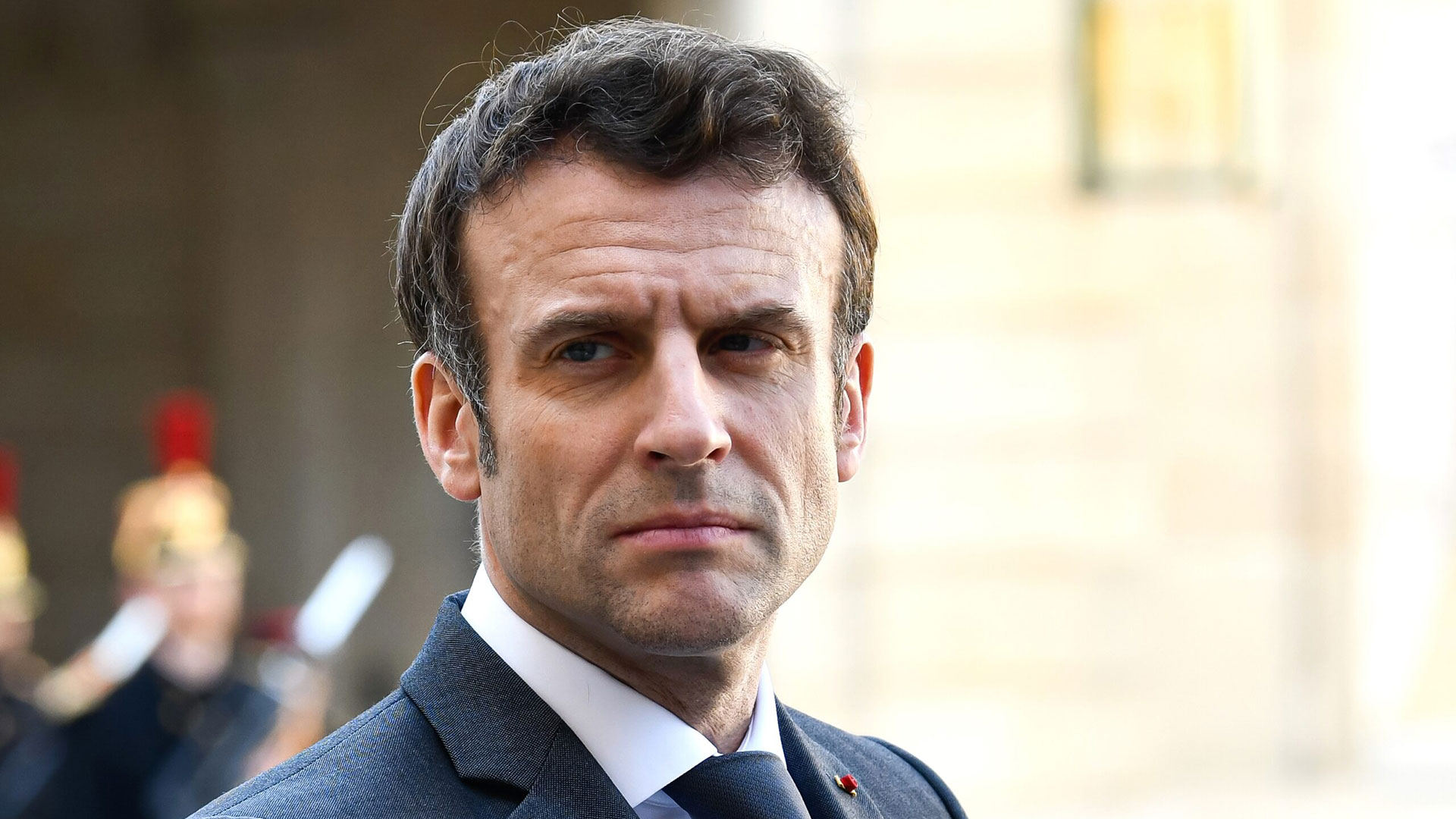
Centrists are fighting for survival in today’s election, amid fears that early elections called by President Emmanuel Macron could unleash chaos.
Emmanuel Macron’s centrist group is fighting for its survival as the countdown begins to the first round of France’s snap parliamentary elections. The vote, which begins on Sunday, July 30, has been unanimously described by analysts as “high-stakes”. If the National Rally emerges as the winner, – RN) led by Marine Le Pen – as polls predict – will be the first time France has had a far-right government since World War II and the Nazi occupation, Euronews has warned.
Macron’s strategy of creating a climate of fear could backfire on him.
The theory of radicalization was spread as a “blessing” by Emmanuel Macron last week, declaring in a popular podcast that France was at risk of “civil war” if Le Pen’s anti-immigration party or his left-wing New Popular Front coalition won. He warned that if either party came to power, chaos and division would ensue. Dismissing two diametrically opposed political movements, he said that the national ultimatum classifies people according to religion and origin, which leads to stigma and cultivating a climate of discord.
Among the groups that make up the New Popular Front, Macron took issue with Mélenchon’s France Insoumise, accusing it of doing what Le Pen did, in reverse. He said the radical left also categorized people according to their religious profile or the communities they belonged to, thus isolating them from the broader national community. Mélenchon responded that Macron’s policies were fueling civil war, citing unrest in New Caledonia, a French-controlled territory in the Pacific.
He repeated the same smear tactic in his remarks from Brussels, during a summit of EU leaders, saying that “unbridled racism and anti-Semitism” had taken off in France.
So far, Macron insists on taking risks
But political analysts suggest that Macron’s strategy of stirring up a climate of fear could backfire on him. So far, Macron has insisted on taking risks, presenting the centrist liberals in the Together party, under his leadership, as the only rational force capable of stopping the collapse of French society.
Antoine Bristel, director of the Jean Jaurès Foundation think tank, told the Guardian that since Macron called the election, it has been very difficult to make safe assessments of France’s political future. “Macron has become increasingly unpredictable,” he said. “He seems to be running the country like a Netflix series – and every episode has to end with a cliffhanger about what happens next.”
Macron called parliamentary elections after his centrist Masi party was defeated by the National Rally in the European elections, saying they would “clarify” the political landscape. But even those close to the president admit that many of his voters are uncomfortable with the resulting political turmoil and feel Macron himself created the chaos.
Macron’s strategy of creating a climate of fear could backfire on him.
The exact results of the two-round election are difficult to predict, with turnout expected to be particularly high in the first round. However, in the latest opinion polls, the far-right National Rally party appears to be in first place – with 35-37%. It is followed by the left-wing coalition of the New Popular Front (France Insoumise, Communist Party, Greens, Socialists) with 28%. “With Macron” is in third place, with no more than 20% in the polls.
Political analysts say France is entering uncharted territory. If Le Pen’s party manages to move from its current 88 seats to an absolute majority of 289, it will form a far-right government and Macron will have to share power. The other scenario is that the National Coalition wins the most seats but falls short of an absolute majority. Macron could then find himself facing a deadlocked parliament, unable to form a strong majority to govern Europe’s second-largest economy.

“Hipster-friendly coffee fanatic. Subtly charming bacon advocate. Friend of animals everywhere.”





More Stories
F-16 crashes in Ukraine – pilot dies due to his own error
Namibia plans to kill more than 700 wild animals to feed starving population
Endurance test for EU-Turkey relations and Ankara with Greece and Cyprus